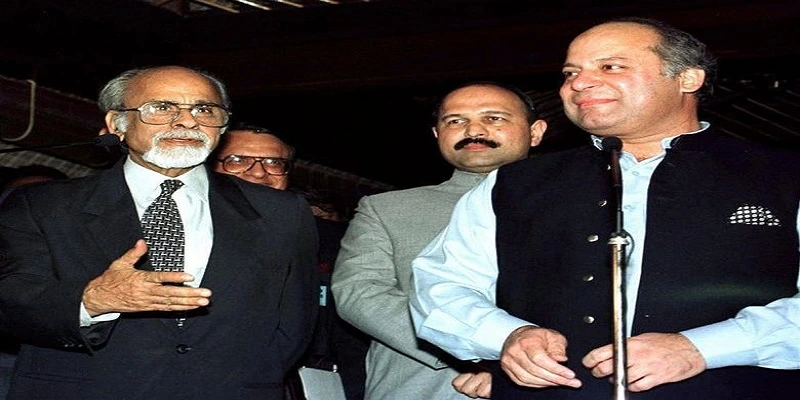Indo-Pak Relations A Rollercoaster of Diplomacy and Challenges in the Gujral Era
The decisions bode for good relations between the two nations. There was a general belief that the Indo-Pakistan relationship was improving, particularly during the talks between foreign ministers in Islamabad in June 1997. At that time, it was agreed that working groups were to be formed to deal with the issues causing concern to both parties. But this improvement in bilateral relations meant something other than the future direction of relations. It quickly became clear that the two countries could not agree on creating the working groups at the proper levels to move negotiations ahead. In the following months, Islamabad and New Delhi were able to demonstrate their commitment to the dialogue process through numerous acts of goodwill, such as releasing fishermen from each of their custody, relaxing travel restrictions, etc. But, such actions as those slowly faded into the shadow of tensions resulting from firing exchanges along the LOC during August and September 1997. Foreign secretary-level discussions took place in New Delhi in September 1997, Nawaz Sharif and I.K. Gujral were in New York in October 1997, Shamshad Ahmad and K.Raghunath were in contact in October 1997 in the context of the Commonwealth Conference in Edinburgh, and I.K. Gujral and Nawaz Sharif sat at the sidelines of the trilateral meeting in Bangladesh in January 1998. There was no progress during these talks because of the divergent opinions regarding tackling the working group issue. In addition, the political instability within New Delhi due to the fall of the United Front government placed further discussions. The efforts to return to the table of negotiations between current Indian Premier Vajpayee and Nawaz Sharif didn't yield results as Pakistan did not want to restart discussions unless there were substantial negotiations regarding negotiations on the Kashmir issue.
Gujral Doctrine comprises five guidelines designed to govern the conduct of foreign relations between India's immediate neighbours, as laid out by Gujral, who was the Minister of External Affairs and later, as Gujral's Prime Minister. In addition, the five principles stem from the conviction that the strength and stature of India cannot be separated by how it conducts its relationships with its neighbours. Therefore, it acknowledges the importance of having friends and cordial relationships with neighbours. These are the principles:
- With its neighbours like Bangladesh, Bhutan, Maldives, Nepal and Sri Lanka, India does not ask for reciprocity. Instead, it offers and considers what it can in good faith and with confidence.
- A single South Asian country should let its territory be used in the interest of a country within the region.
- It is not appropriate for any country to interfere in any internal matters of the other.
- Every one of the South Asian countries must respect each other's territorial integrity as well as sovereignty.
- They must resolve all disagreements through peaceful bilateral talks.
According to Gujral, his five principles, strictly adhered to, could result in the fundamental transformation of South Asia's relationships with the region and the complex relationship between India and Pakistan. In addition, implementing these principles will create an atmosphere of mutually beneficial and close collaboration in the region in which the size and weight of India are considered positively and as a source of benefit by these countries.

